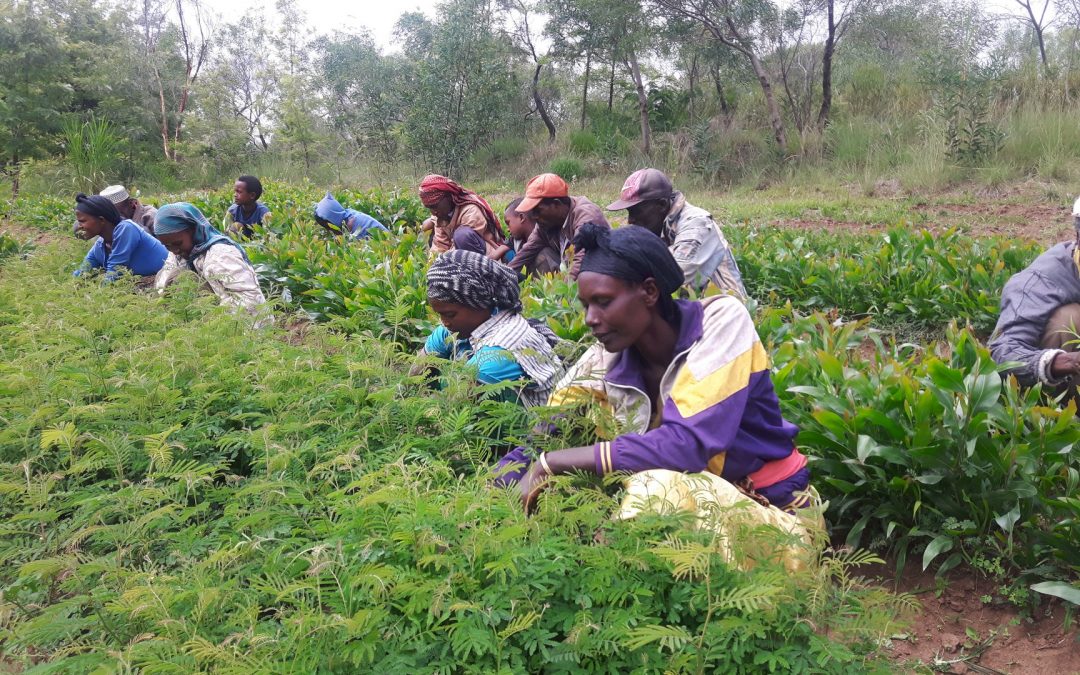
Prioritising agroforestry in the policy agenda: six recommendations to scaling
A policy brief from World Agroforestry Regreening Africa Project outlines key findings and recommendations to enhance the enabling policy, legal and institutional environment to underpin scaling-up of agroforestry in sub-Saharan Africa.
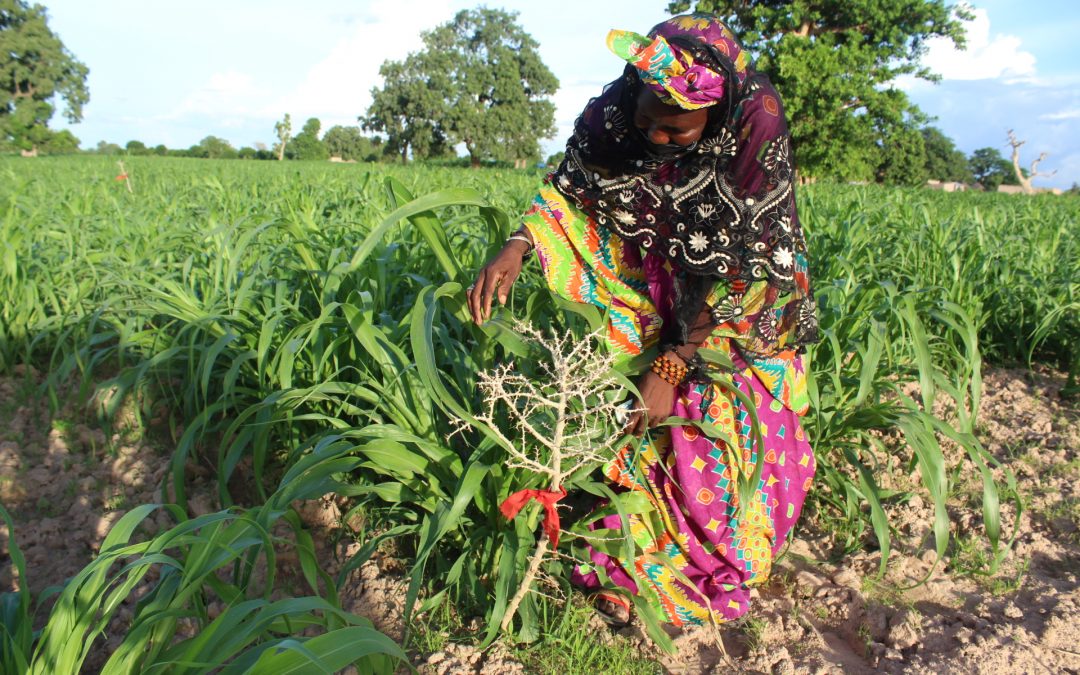
Boosting restoration through the airwaves
Radio programs are spreading the good work of the Regreening Africa project in Senegal.
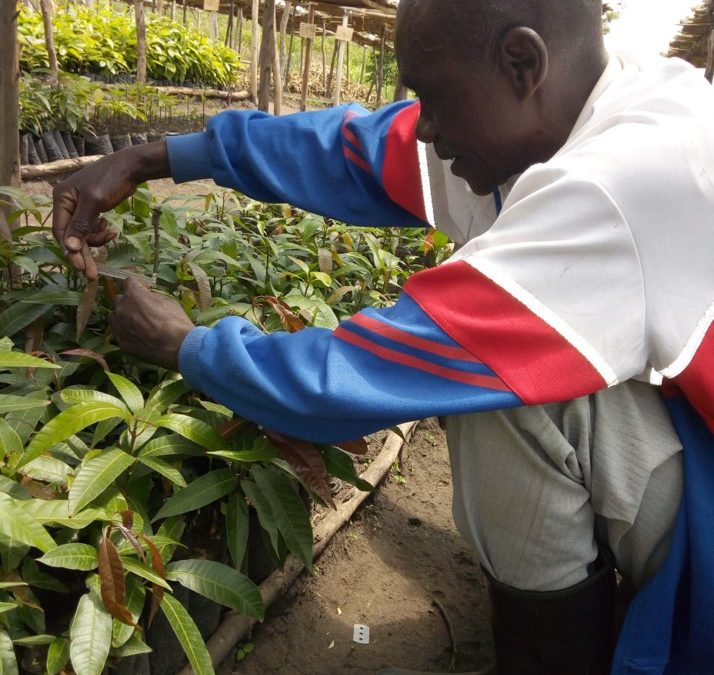
Regreening Africa: an initiative that puts farmers first in Rwanda
Regreening Africa has set an ambitious target to restore ecosystems in Bugesera, Kayonza, Gatsibo and Nyagatare districts in Rwanda, and in return improve the resilience of smallholder farmers therein.
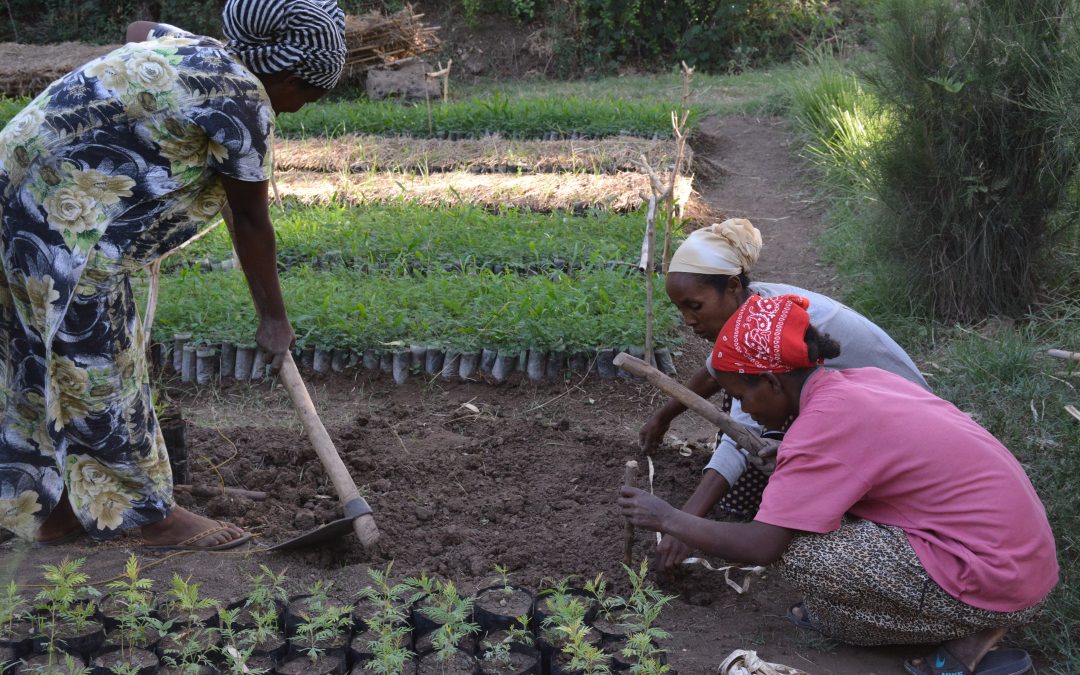
Unlocking the power of collaborative, on-the-ground learning and adaptation
The most recent Regreening Africa Joint Reflection and Learning Missions (JRLMs) were designed using the SHARED (Stakeholder Approach to Risk Informed and Evidence-based Decision-making) method. The result was an innovative monitoring, reflection and co-learning opportunity between all project partners, across seven countries.
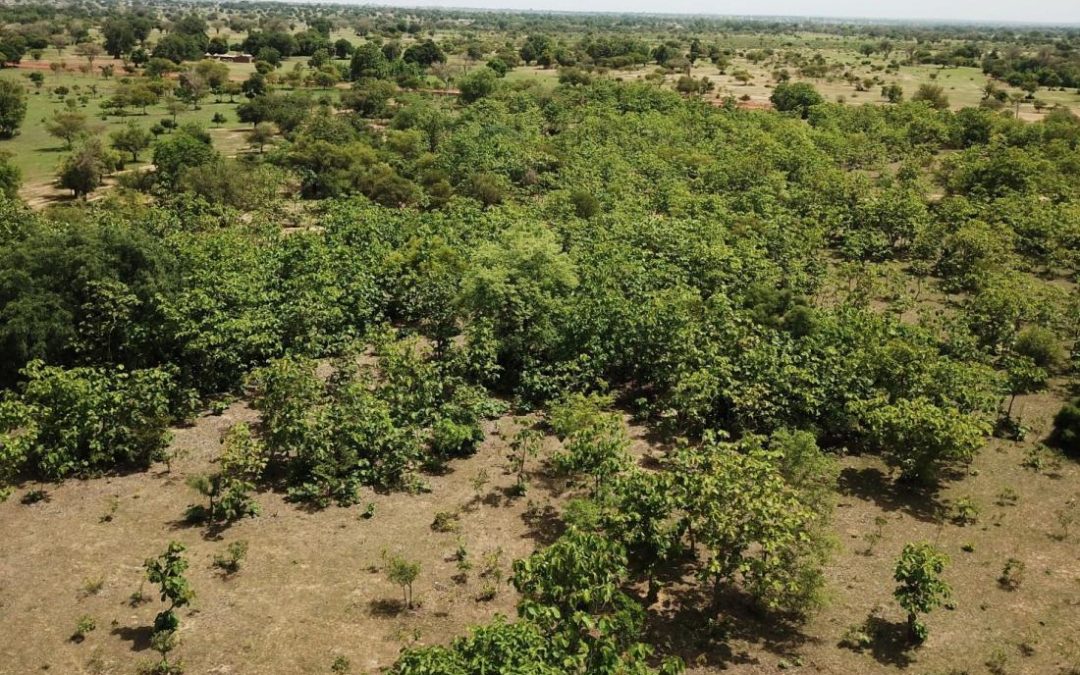
Adonsi Community Re-generating 75 Acres Of Land
By World Vision Ghana Residents of Adonsi in the Upper East Region of Ghana are preserving 75 acres of forest land as part of efforts to meet the goals of the Regreening Africa Project. The World Agroforestry project being implemented by World Vision Ghana and...
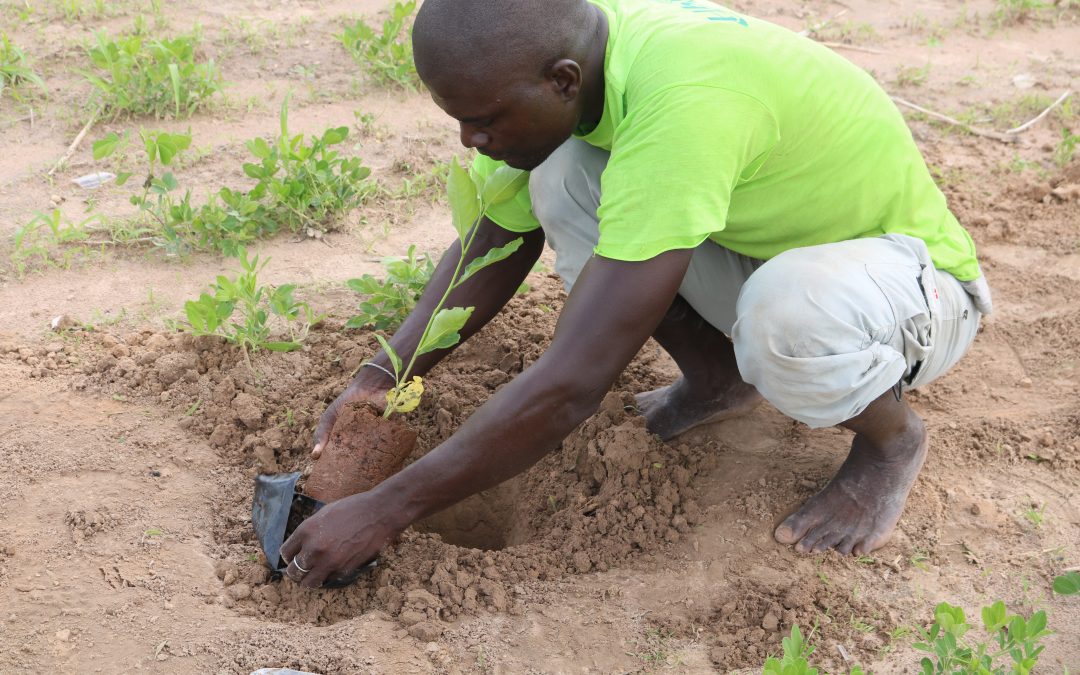
Land Restoration in Africa: Practical Perspectives from the Regreening Africa Programme
How can the continent turn the tide to more sustainable pathways that ensure food and nutritional security, improved natural resource governance and conservation of biodiversity? Watch this video, as Dr. Susan Chomba, Regreening Africa Programme Manager, shares perspectives on moving from ivory towers of commitments to practical action.

Insecurity in Niger: reversing the gains made in land restoration
Faced with an unstable security condition and an influx of refugees, the Regreening Africa programme is having to rethink its work.
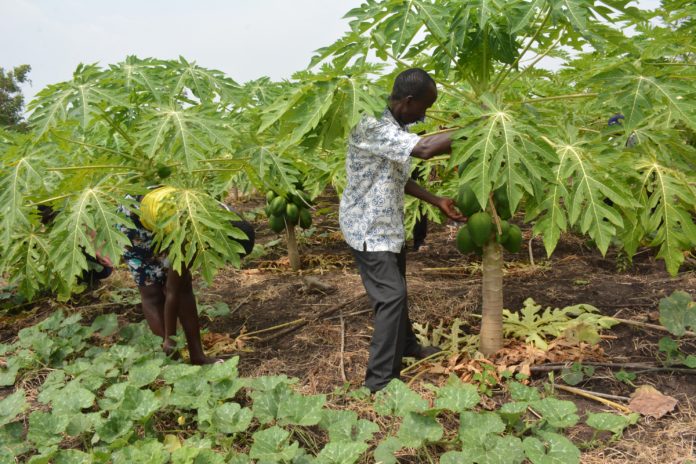
Could tree regeneration hold out hope for Africa’s vulnerable smallholder farmers?
Sub-Sahara Africa’s 70 percent food is produced by smallholder farmers, mostly the women who are vulnerable to harsh climatic conditions which affect crop production leading to food insecurity which has for decades caused death and malnutrition. With deforestation becoming a key contributor to the worsening climate crisis for farmers, efforts are underway to curb this.
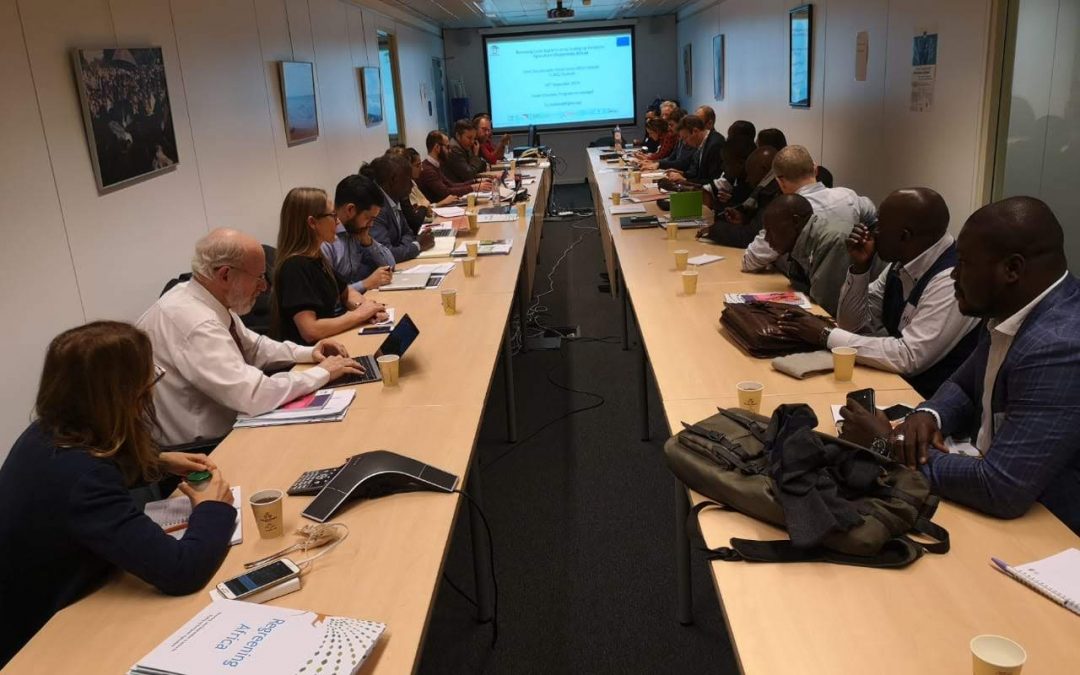
2019 in review: A Trip Down Memory Lane…
The last quarter of the year 2019 was a time to fine-tune scientific & implementation strands, and perfect the agenda of restoring degraded ecosystems across 8 countries where the project is ongoing.
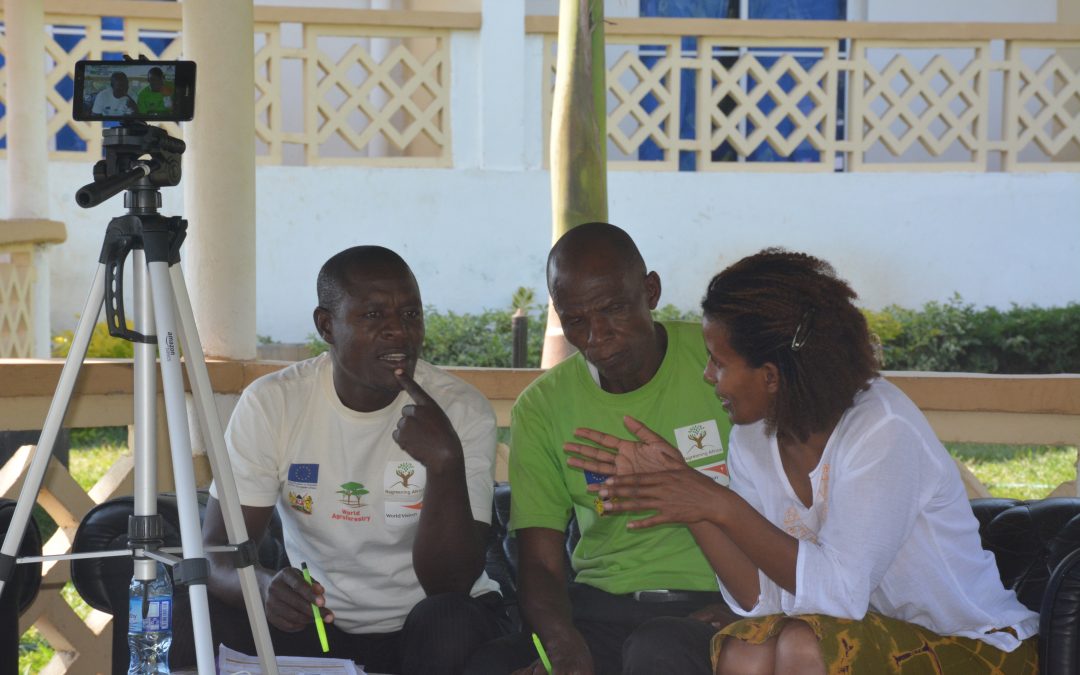
Transformative Storytelling for Social Change
Regreening Africa team trained 16 farmers in videography in Kenya. Two lead farmers tell their regreening story.
